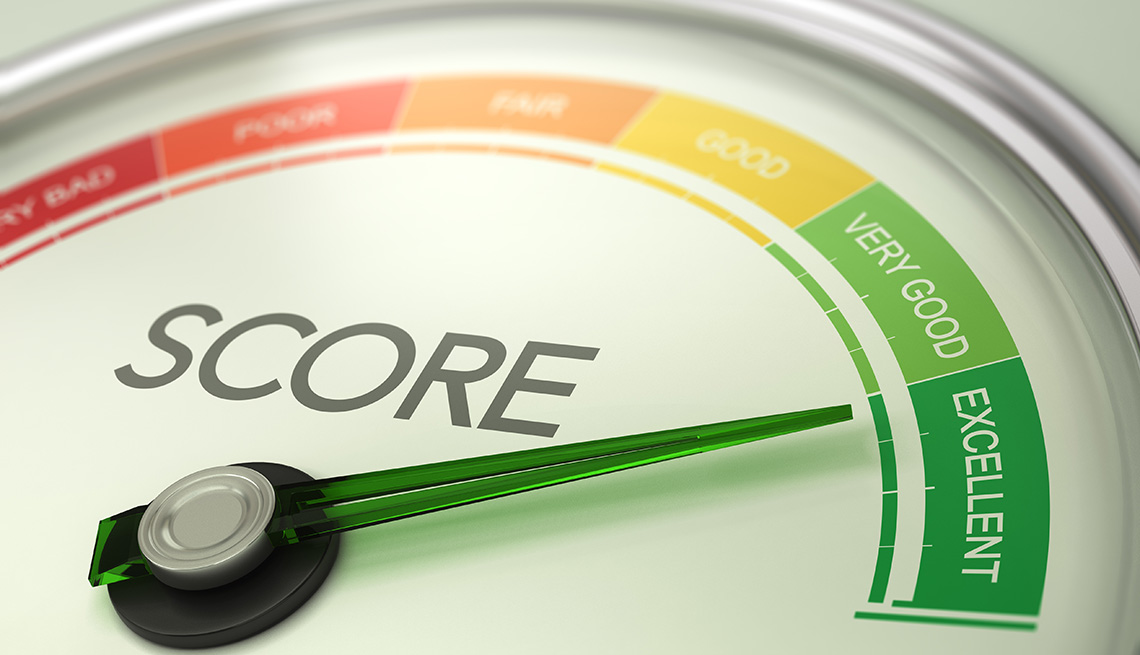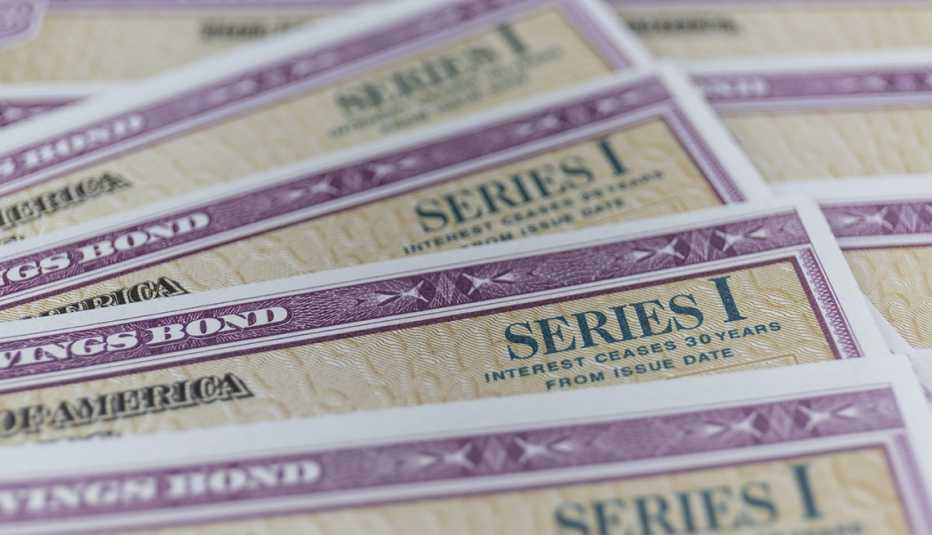AARP Hearing Center
Think your credit score doesn’t matter in retirement? If you want to open a new credit card, borrow money or get certain insurance, your creditworthiness comes into play even after you’ve stopped working.
“Retiring doesn’t mean you quit living, it doesn’t mean you no longer need access to financial resources,” says Rod Griffin, senior director of public education and advocacy at Experian. “Maintaining credit is a critical part of your financial toolbox, having it there to work for you if you need it.”
Having access to credit can also be lifesaving in the event of an emergency or if it means you don’t have to tap your savings to cover an expense. It's money saving too. A good credit score can be a way to get discounts and deals from a cash back credit card or percentage off at a retailer. “People think credit is about debt, but it's not. It’s about having another financial tool to leverage,” says Griffin.
According to Experian, a credit score between 800 and 850 is deemed exceptional, while 740-799 is considered very good and 670-739 is good. Anything below that and it may be more costly to borrow money. It could mean you need to provide collateral or pay a higher interest rate.
The good news for retirees is that your credit score isn't dependent on how much you earn. You can be on a fixed income and still have excellent credit, says Bruce McClary, a spokesperson for the National Foundation for Credit Counseling. In retirement how you manage your credit is what matters.
Be in the know
If you're paying your bills on time, keeping your balances low in proportion to your credit limits and limiting the number of accounts you open in a year your credit score should remain intact. But that doesn’t mean you can forget about it. McClary says retirees have to stay on top of it by checking their credit reports from Experian, TransUnion and Equifax, the three credit scoring agencies, at least yearly. Everyone should be doing that but older adults in particular.






































































